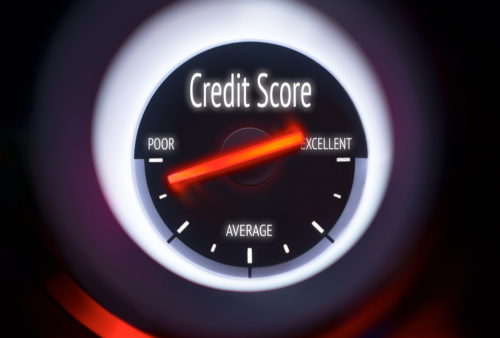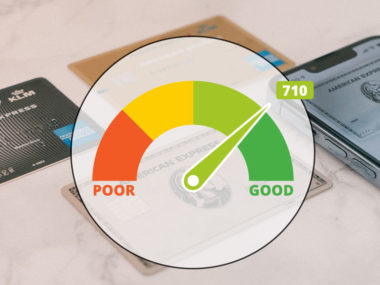Refinancing your car loan will affect your credit score, and it’ll probably lower it temporarily. Refinancing consists of closing out your old loan and opening a new one, and your credit is affected by both those actions. However, it’ll likely only be a small dip, and it shouldn’t last too long. There are other more important factors that determine your credit score.
If you’re considering refinancing at all, though, it’s a good idea to know and understand exactly what happens when you refinance a car, and how that could affect your finances overall.
Table of Contents
What Happens When You Refinance a Car and How Does it Affect Credit?
Refinancing your car can be a fairly simple process; you’ll get a new loan with better terms to pay off your old loan. There can be complications, especially if you’re upside down on the car loan, but ultimately the process only takes about an hour once you decide on a new lender.
Credit scores are always a more complicated topic. Your credit score is determined by a lot of interconnected factors, and refinancing your car affects a couple of them.
Hard Inquiry
A hard inquiry is when a potential lender checks your credit to determine your eligibility for a new loan, and refinancing counts as exactly that. Too many hard inquiries in a short period can lower your credit score. However, you also want to make sure that you shop around for the right terms.
As long as you do all your shopping within a 45 day period, you should be okay. Credit bureaus usually don’t penalize you for a few hard inquiries that close together, because it shows that you have the good sense not to accept the first offer given to you. If you think you’re being penalized due to multiple hard inquiries, there are ways to remove them from your credit report.
Your Old Auto Loan is Paid Off and Closed
It’s not a bad thing to pay off accounts— after all, that’s what we all eventually want to accomplish. As long as you’re starting a new loan, you’ll still be able to display responsibility by paying on time and in full. However, if you close or open multiple accounts at one time, that could lower your credit score. Time your refinancing so that there is some space between any other major account activity.
Average Age of Accounts
Older accounts are generally better for your credit score. Unfortunately, this isn’t counted the same across all the credit bureaus. Some will count refinancing as an extension of your previous loan. Others will start the clock all over again. However, this affects your credit score pretty minimally, so keep other factors in higher regard.
Your Credit Utilization Ratio May Change
Credit utilization is a measure of how much credit you are using versus how much you have available to you. Refinancing can affect this in multiple different ways, depending on the terms your renegotiate. If refinancing drastically increases or decreases the amount of debt you owe overall, you’ll see a change in your credit utilization ratio.
Car Refinance and Your Credit: Bottom Line
Many people who seek out refinancing on their car loan are trying to take advantage of their improved credit score. If that’s the case for you, the slight drop in your credit score from refinancing shouldn’t concern you. It won’t last forever, and you’ll hopefully still be saving more money than you would have otherwise.
Refinancing your car can hurt your credit, but it’s mostly just from the hard inquiry. The other factors will mostly equal out or aren’t weighted very heavily, especially once you start making regular payments on the new loan. It’s more important for you to consider whether refinancing will benefit you in the long term. Don’t let a slight drop in your credit score stop you from saving money overall.
Image Source: https://depositphotos.com/





